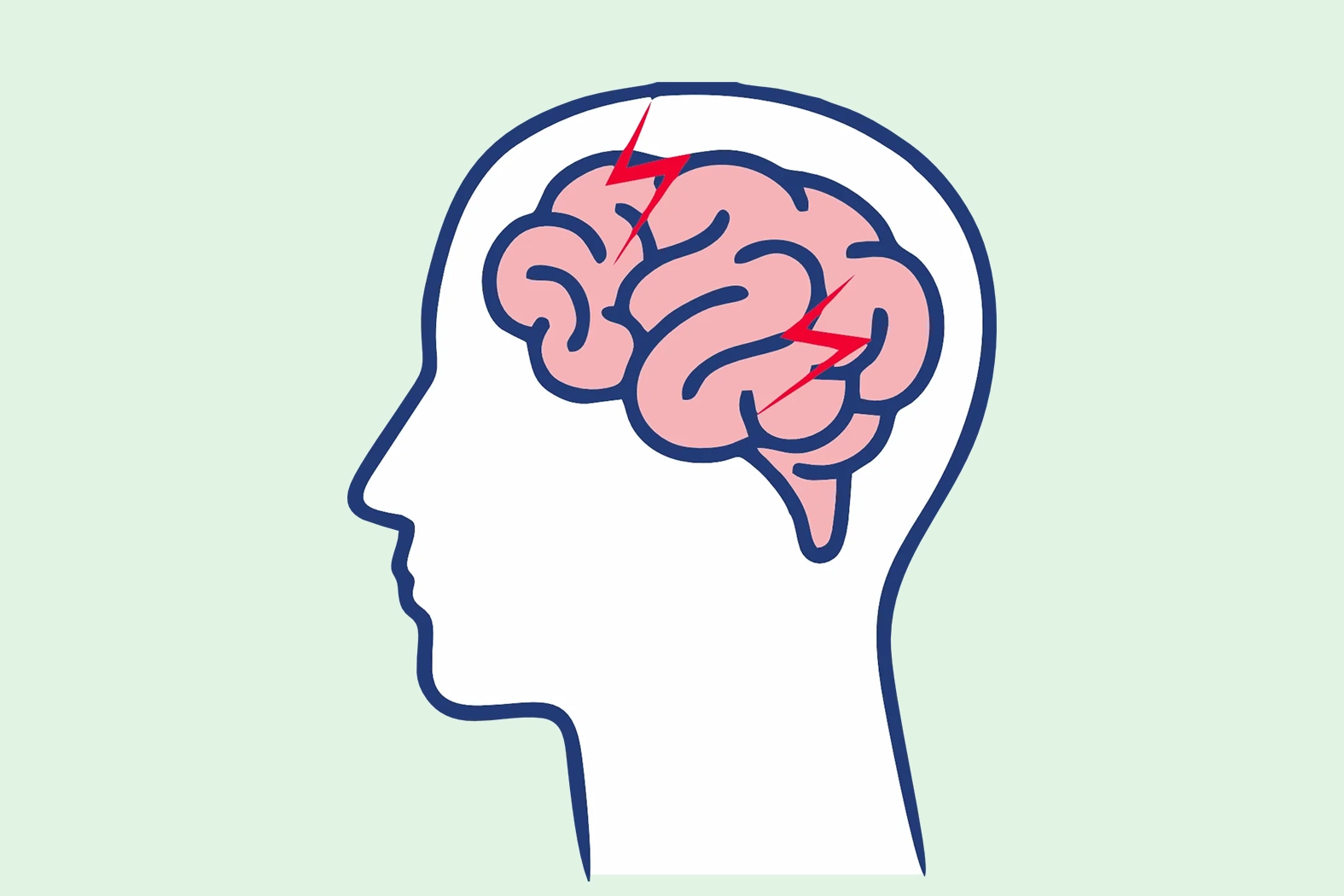To provide services at the highest level, we use cookies. Using the website requires you to choose settings related to their storage on your device. If you want to know what each type of cookie is used for, click the Details button below.
What is mysterious myoclonus?15 września 2023 |

Myoclonus is sudden, uncontrollable muscle contractions that result in rapid and brief movements or jerks. It is a type of movement disorder that can occur in various parts of the body and with varying intensity.
The treatment of myoclonus depends on its type, cause, and severity. It may involve pharmacological treatment, physical therapy, behavioral therapy, and lifestyle modifications. Effective treatment should be tailored to the individual needs of the patient and requires consultation with a neurologist.
Myoclonus manifests as sudden and unexpected muscle contractions that can lead to brief movements or jerks in different parts of the body. They appear random and can be difficult to predict.
Myoclonus is not identical to epilepsy but can be one of its symptoms. There are many types of myoclonus, and some of them are caused by or associated with epilepsy. However, myoclonus can also occur in other contexts unrelated to epilepsy.
Sleep myoclonus is a type of myoclonus that occurs during sleep. They are typically milder and shorter-lasting than myoclonic movements that occur while awake. Sleep myoclonus may result from natural processes related to sleep phases and is usually not harmful. Myoclonus while awake can have various causes and impact a patient's daily functioning.